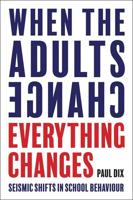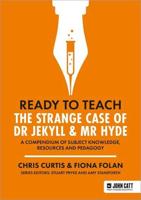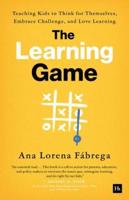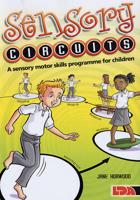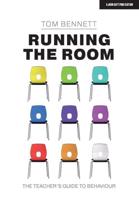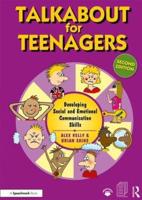Publisher's Synopsis
This book aims to broaden the reader's interest in language as an essentially human activity and as an art form. However, it is less concerned with encouraging creative writers than in sharpening sensitivity to the billions of words and word combinations that surround us. Of the four language skills (listening, speaking, reading and writing), writing is the most difficult. It is also the skill by which we are often judged by others, as worthy to proceed to higher learning, say, or to be interviewed for a post of special responsibility. It is the sector that causes most anxiety for pupils and parents. As an essentially self-help guide, this book may be used as a supplement to regular classes; however it is predominantly a stand-alone manual that eschews regular drills and places the onus on the student to question our use of written and spoken words. Each of the 60 or so one-page chapters simply outlines the topic and follows this with a 'To Do' section with no answers. The student will realise that language is arbitrary and that he/she is the final judge. Developing Writing Skills is not merely about getting you through exams but encouraging an interest in language for life. It is a practical book, but not a grammar book; it encourages you to read widely and choose your words with care; to expand your word store, to write continually and self-critically, and learn to take a pride in a sentence! Students may look askance at the latter because schools are essentially market orientated, encouraging 'performance' through various 'stages' and obsessed by league tables and university places. Life does not begin with a first-class honours degree and end with a career as a heart surgeon or a barrister; it begins and ends with an attempt to grapple with language sounds and later its accompanying marks on paper, rather than marks in a teacher's record book.



